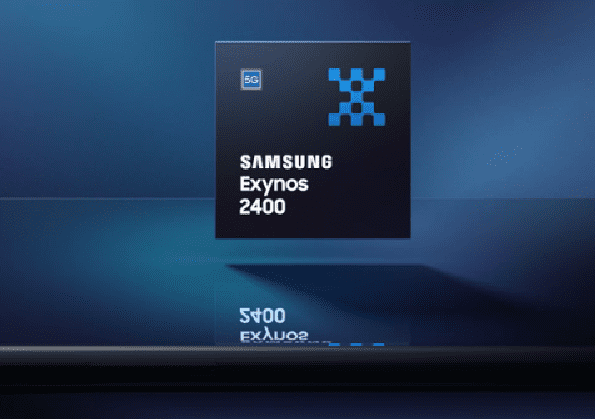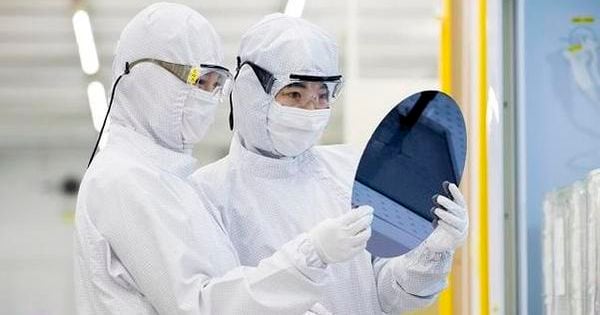Samsung Introducing Backside Power Supply Technology To Its 2nm Process In 2025, Will Reduce Chip Area By 19%, Efficiency Improvements Inbound
https://wccftech.com/samsung-to-use-bspdn-in-its-2nm-technology-in-2025/
Maybe they can't precisely because they have in the past..you'd think they could just eat the cost instead (As they've supposedly done in the past).
As of June 17, industry sources report that seven companies including NVIDIA, AMD, Intel, Qualcomm, MediaTek, Apple, and Google have prioritized adopting TSMC’s 3nm process. It has been revealed that after considerable deliberation, Google and Qualcomm, which Samsung Electronics Foundry Division had long sought to secure as clients, have chosen TSMC.

True, Samsung had somewhat kept pace with TSMC until 7nm and had marquee customers such as Apple, Qualcomm and Nvidia at various points, but has floundered since. Qualcomm basically only has some products on trailing edge nodes for cost reasons and AMD similarly has some products planned as well as per rumours. But Intel's 18A and 14A look promising and their recent execution gives some confidence that they will achieve their stated performance targets and more or less on production dates. Although it must be said that Intel will have very little foundry capacity available for external customers on leading edge nodes until 2026 essentially.The problem for Samsung is they’ll actually have a serious competitor for 2nd place with Intel’s 18A which they haven’t had in a long time. A lot of companies want a 2nd source but it’s too expensive/hard to port designs between foundries to ever justify having more than 2, or even to have more than a few of your chips at more than 1.
Even if Samsung gets their act together, and I assume/hope they will eventually, this is making them lose credibility that will give Intel a huge advantage at winning this business.

Samsung Electronics has been developing the Exynos 2500 based on Samsung Foundry’s second-generation 3-nano process (SF3). SF3 is based on GAA (Gate-All-Around), which was commercialized by Samsung Electronics for the first time in the industry.
However, industry news is that Samsung Electronics' Exynos 2500 development has not been smooth. In fact, the yield of Exynos 2500 remained in the single digits until the first quarter of this year, and the initial project to supply engineering samples (ES) until February was postponed.
Afterwards, Samsung Electronics focused on improving the yield of the Exynos 2500, and it was found that the yield of the Exynos 2500 was raised to a level of slightly less than 20% as of the second quarter. However, this figure is still insufficient for mass production, and the yield usually needs to be increased to 60% or more to enable mass production.

Samsung Electronics strongly denied rumors on June 26 that there was a significant defect in the production of semiconductor wafers at its foundry division in South Korea.
Samsung named the Exynos 2500 for the first time. The company mentioned the chip in its Q2 2024 financial results report. It revealed that its System LSI business, which designs camera sensors and smartphone processors, is focusing on making sure it can offer a stable supply of the Exynos 2500 for “flagship products.” - https://www.sammobile.com/news/samsung-exynos-2500-chip-confirmed-first-time/
So they might still offer the Exynos 2500 after all. Let's wait and watch.
